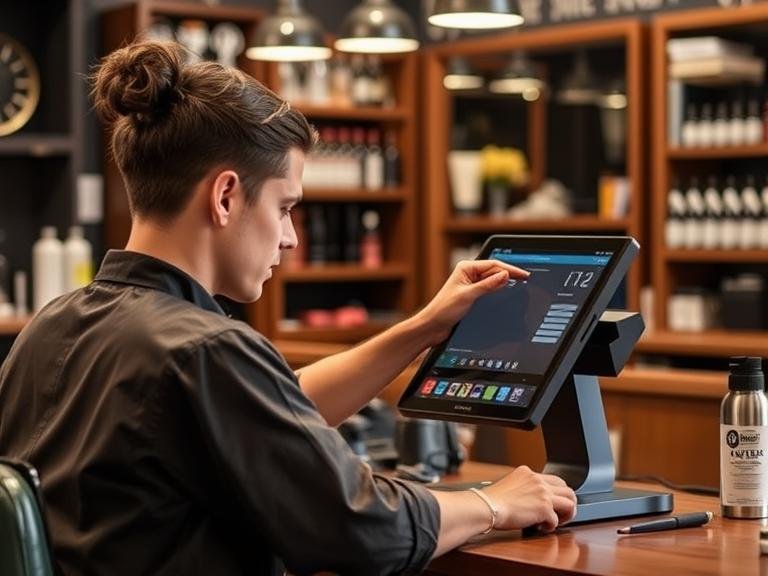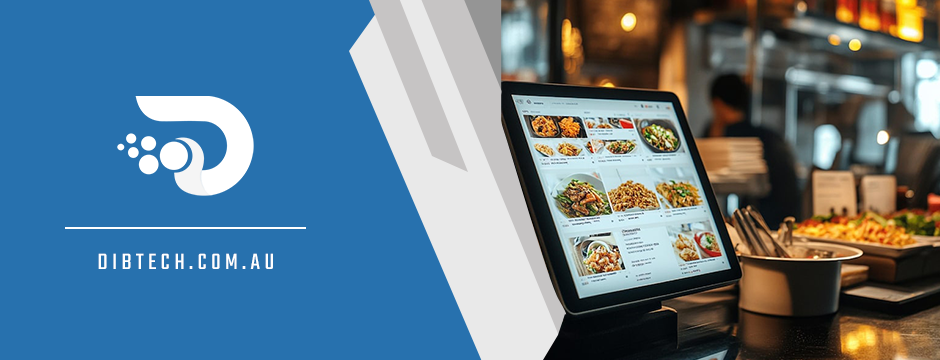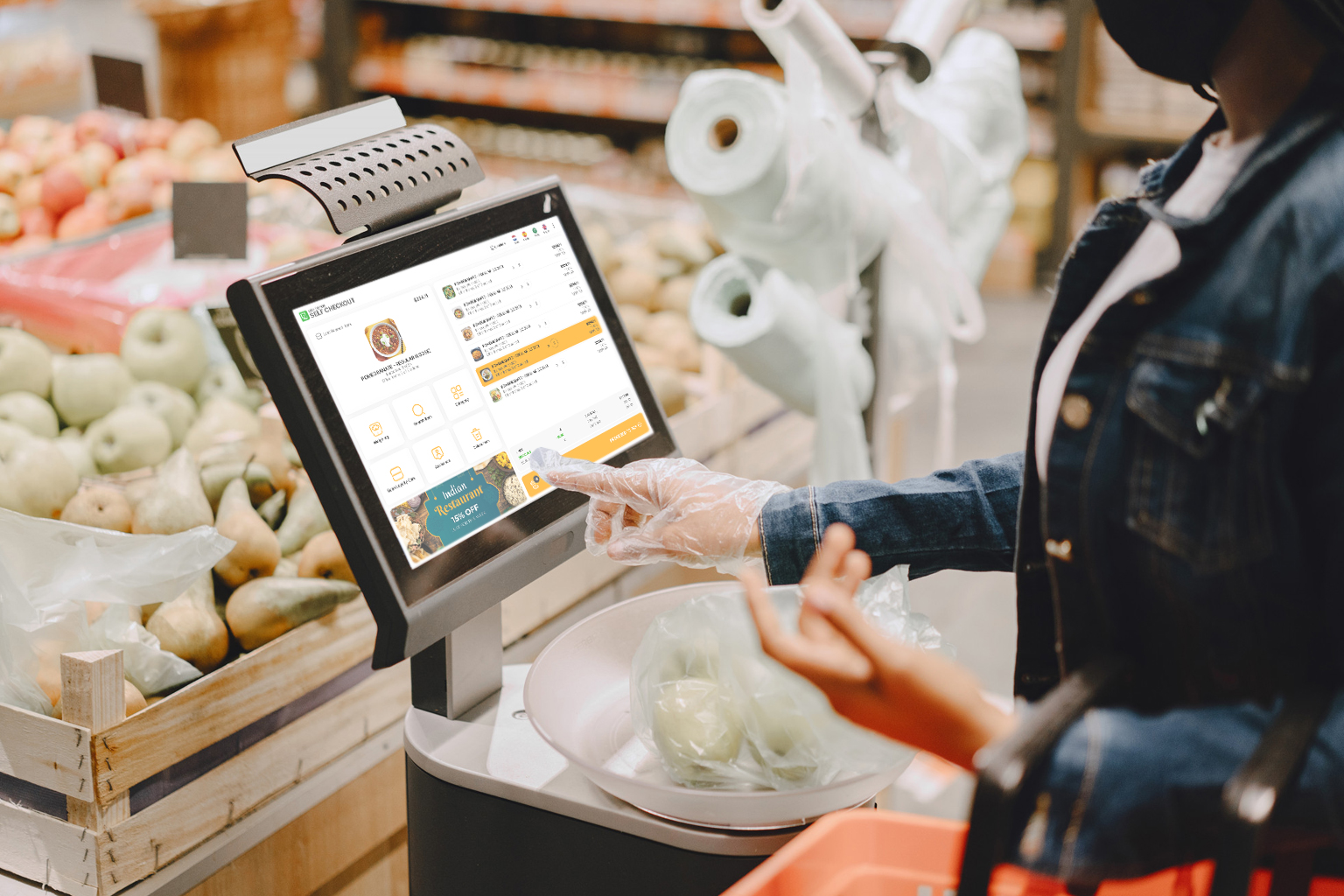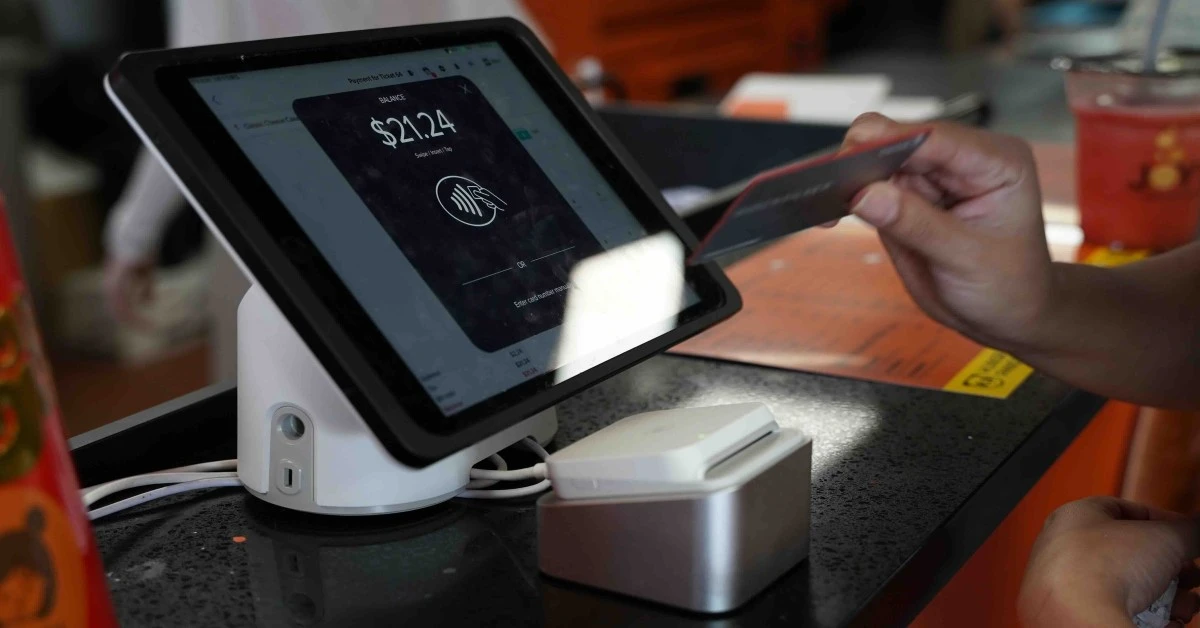POS as a Strategic Tool in Business Planning

In today’s competitive business landscape, technology plays a vital role in decision-making and long-term planning. Among the most powerful — yet often overlooked — tools is the Point of Sale (POS) system. While traditionally seen as just a means to process sales transactions, modern POS systems have evolved into strategic tools that influence every aspect of business planning, from inventory and staffing to marketing and customer retention.
What Is a POS System?
A POS system is the combination of software and hardware that allows businesses to process transactions, track sales, and manage inventory. But today’s systems go far beyond the cash register. They offer real-time analytics, customer data, and integrations with accounting, e-commerce, CRM, and more — making them indispensable for businesses aiming to scale efficiently.
POS in Strategic Planning: The Hidden Advantage
1. Data-Driven Decision Making
Modern POS systems collect massive amounts of data: what’s selling, when it’s selling, and who is buying. This data is invaluable when planning inventory, staffing, promotions, or expansion. For example, analyzing monthly sales trends can help a business decide whether to open a new location or expand product lines.
2. Inventory Optimization
Effective inventory management is crucial for profitability. A POS system helps track stock levels in real time, flagging fast-selling or underperforming products. This insight helps businesses plan stock orders more efficiently, reduce overstocking, and avoid missed sales due to out-of-stock items — all essential components of long-term business success.
3. Employee Productivity and Scheduling
POS systems can track employee performance, such as total sales, average ticket size, and customer feedback. These insights allow business owners to make informed decisions about hiring, training, and scheduling. For example, a business can allocate top-performing staff during peak hours, improving both sales and customer experience.
4. Customer Relationship Management (CRM)
A POS system is a powerful tool for understanding customer behavior. It tracks purchase history, preferences, and visit frequency. This allows businesses to create targeted marketing campaigns, loyalty programs, and personalized promotions — all of which are essential strategies for customer retention and lifetime value growth.
How POS Supports Long-Term Business Growth
1. Scalability and Expansion
When planning to open new locations or move into new markets, consistency in operations is crucial. A cloud-based POS system ensures that data from all locations syncs in real time, allowing for centralized control and performance monitoring. This makes it easier to replicate successful strategies across different branches.
2. Sales Forecasting and Financial Planning
POS reports can generate accurate forecasts based on past performance and trends. This allows businesses to plan for seasonality, budget appropriately, and allocate resources more efficiently. With detailed revenue and expense tracking, financial planning becomes more accurate and strategic.
3. Integration with Business Tools
Modern POS systems often integrate with tools like accounting software (e.g., QuickBooks), e-commerce platforms (e.g., Shopify), and email marketing tools. These integrations streamline operations, reduce manual work, and create a unified business infrastructure — essential for strategic planning and scaling.
Making the Most of Your POS System
To truly use your POS system as a strategic planning tool, it’s important to:
- Regularly analyze your POS reports for trends and insights.
- Use real-time data to inform operational decisions.
- Integrate your POS with other essential business tools.
- Train your team to use the system effectively.
- Continuously adapt your strategy based on data feedback.
Final Thoughts
A POS system is no longer just a backend tool for processing payments — it is a strategic asset that offers insights into nearly every aspect of your business. By leveraging the data and features of a modern POS system, you can make smarter decisions, boost operational efficiency, and plan confidently for long-term growth.
Whether you run a retail store, restaurant, or service-based business, integrating POS into your strategic planning process isn’t just smart — it’s essential.






